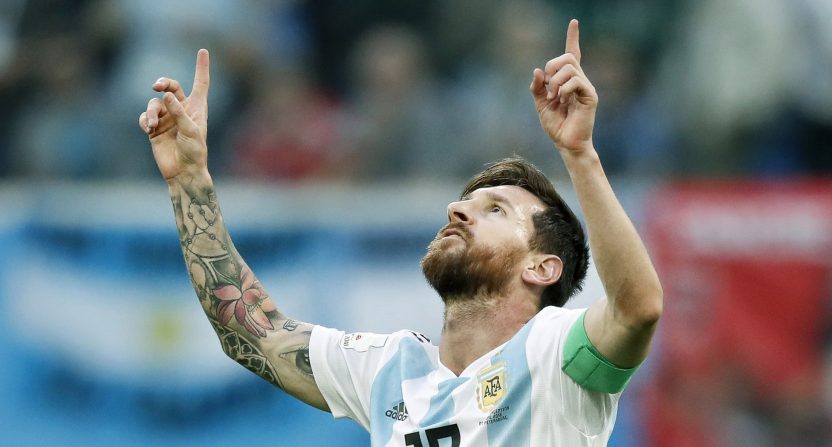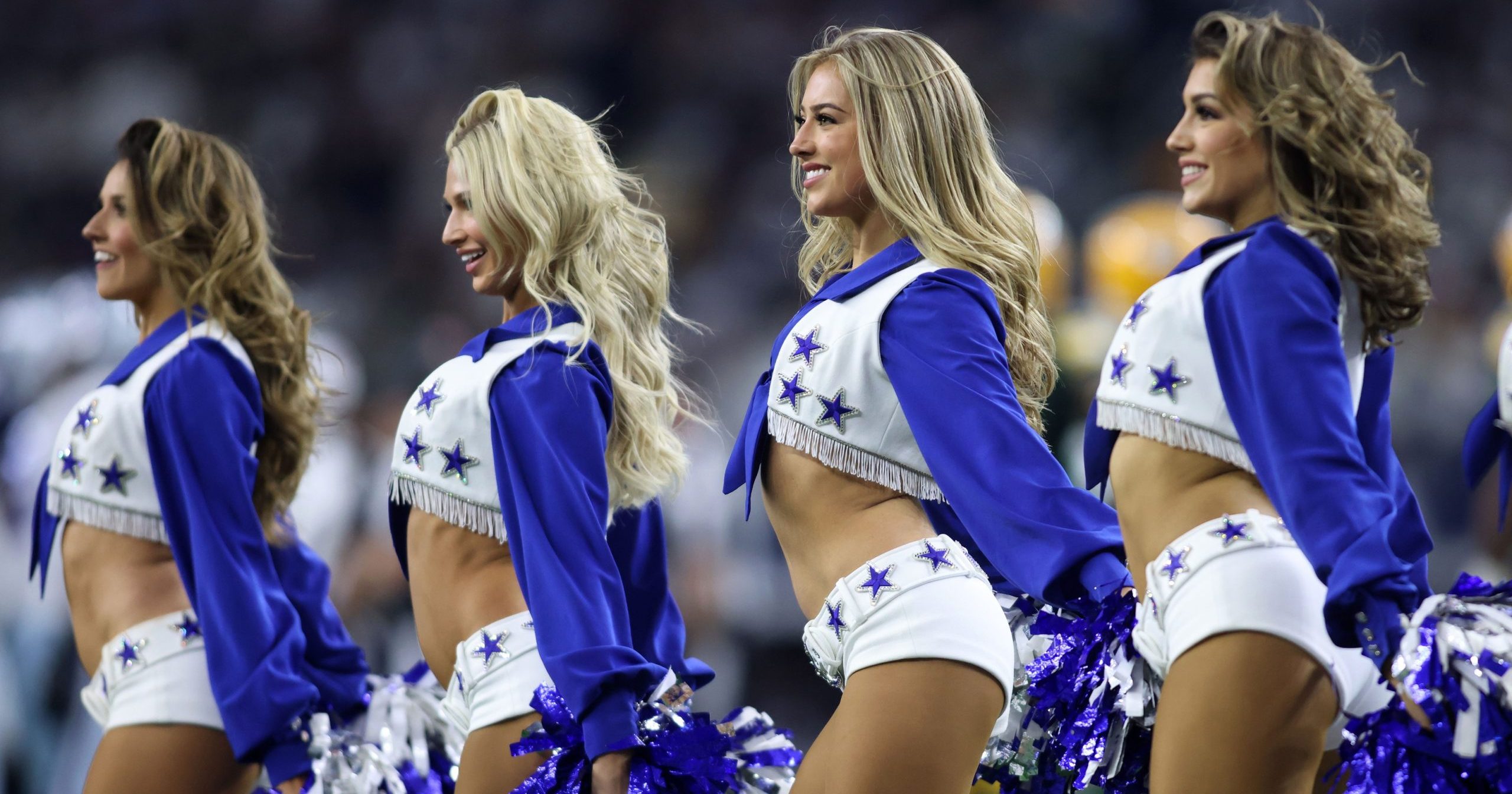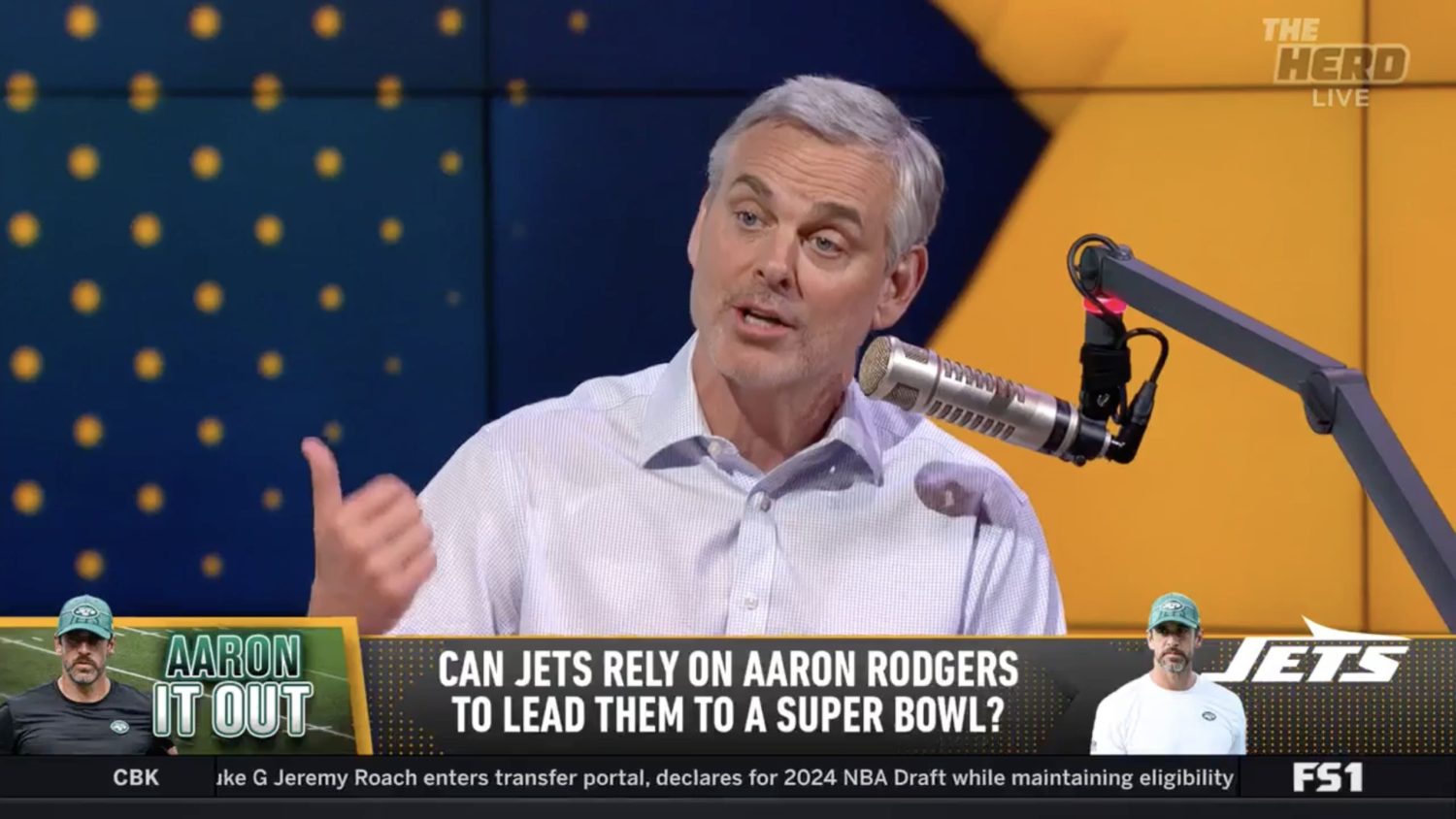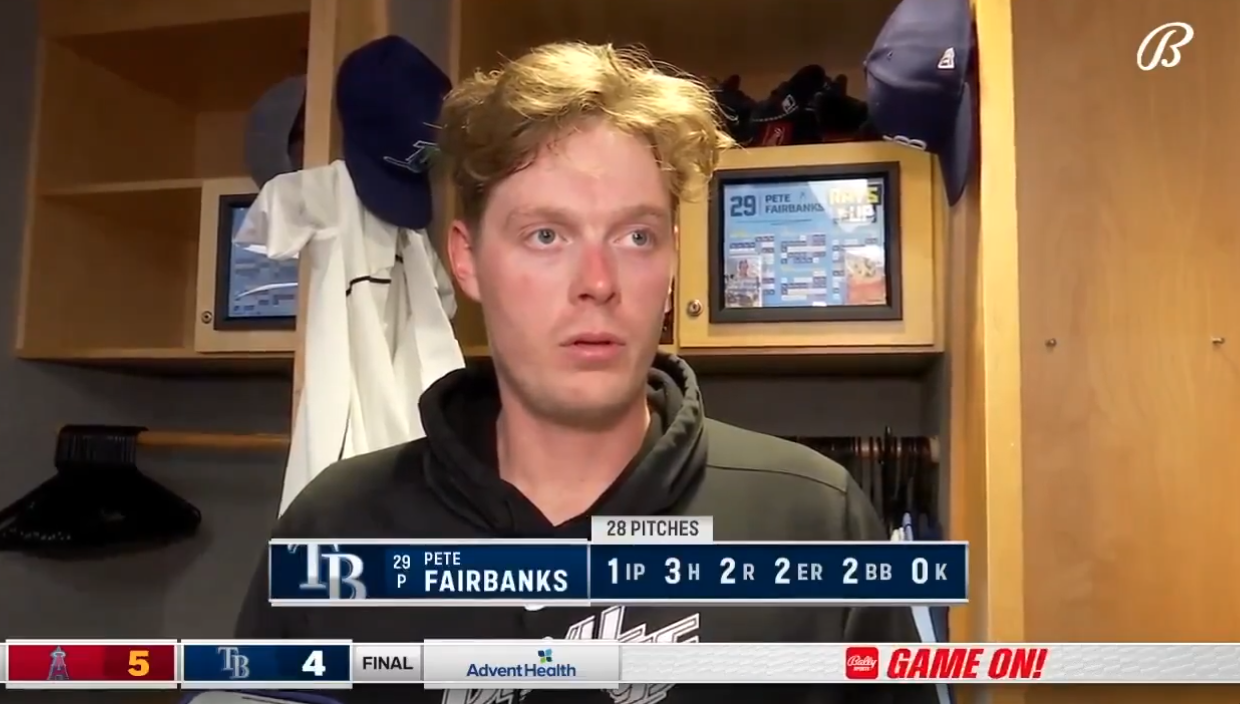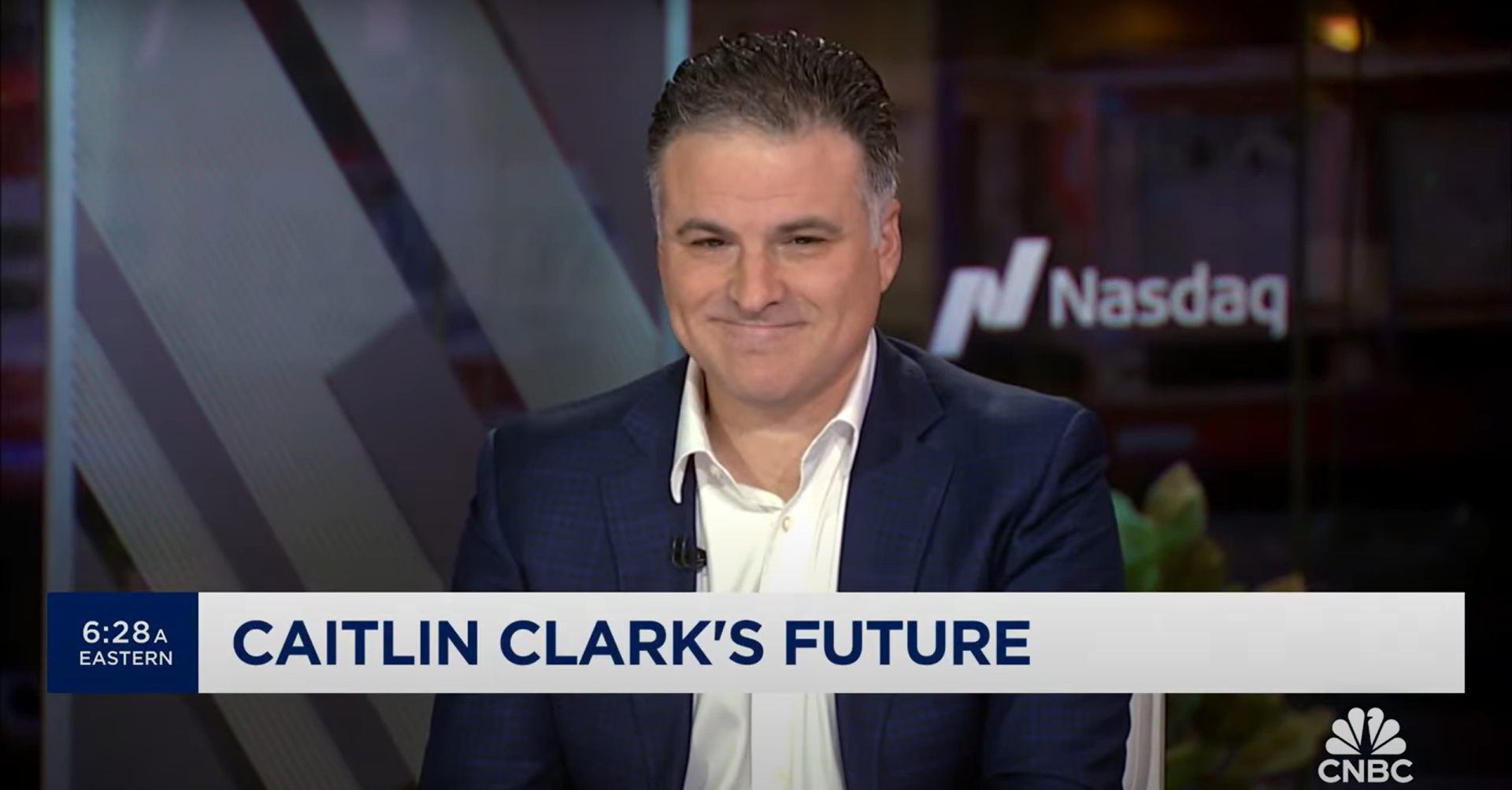While profit-sharing agreements for specific athletes have been seen in individual sports like boxing, it’s pretty unusual to see those in a team sport with a collective bargaining agreement and a salary cap. But that looks to be the case with Lionel Messi’s upcoming move to MLS’ Inter Miami CF, which Guillem Balague reported Wednesday:
Messi has decided. His destination: Inter Miami
Leo Messi se va al Inter Miami
— Guillem Balague (@GuillemBalague) June 7, 2023
Here’s more on that from Balague’s BBC piece on the subject:
Argentina legend Lionel Messi will join American side Inter Miami after his exit from French champions Paris St-Germain.
The former Barcelona player is set to reject a more lucrative offer from Saudi Arabian side Al-Hilal.
…He wanted to remain in Europe for another season but, after no satisfactory offers were received, he had the straight choice between Inter Miami or Al-Hilal.
…But Messi was ultimately tempted to Major League Soccer side Inter Miami for a variety of reasons including lifestyle, and a deal with big brands that extends beyond football.
Of course, the idea of Messi heading to Miami had been discussed for some time before this. And that’s come with particularly interesting notes about deals with those “big brands.” In particular, there seems to be potential added compensation for Messi (seen above during the 2018 FIFA World Cup) from MLS global broadcaster Apple and MLS kit sponsor Adidas. Those came up in a report from Paul Tenorio, Felipe Cardenas and Pablo Maurer of The Athletic Tuesday:
Multiple sources involved in or briefed on the high-level league discussions said earlier this week that MLS and Apple have discussed offering Messi a share of the revenue generated by new subscribers to MLS Season Pass, the league’s streaming package on Apple TV+. Both sides view Messi’s potential involvement in Major League Soccer as a boon; Apple and MLS signed a 10-year, $2.5 billion agreement this spring. On Tuesday, Apple revealed that a four-part docuseries chronicling Messi’s five World Cup appearances would stream on Apple TV+.
Adidas, which is among MLS’ largest corporate sponsors, has prepared its own potential arrangement to entice Messi to the United States, multiple sources briefed on those plans told The Athletic on Tuesday. Messi is being offered a profit-sharing agreement with the sportswear giant, those sources said, which would involve the player receiving a cut of any increase in Adidas’ profits resulting from his involvement in MLS.
As noted there, Messi (who will be 36 later this month) already has a deal with Apple for that docuseries, and he has a long-standing personal deal with Adidas. It’s possible the money here could come from reworkings of those deals rather than anything specifically in a MLS contract. And however Messi gets paid (and if that comes from outside sources) and however much he gets paid is less important in MLS than it would be in most leagues with a salary cap, as the league (since David Beckham’s 2007 signing: Beckham is now a co-owner of Inter Miami) allows each team to have three designated players whose contracts don’t count against the cap, and also allows for the use of allocation money to reduce players’ salary cap charges. MLS also doesn’t have to follow the UEFA Financial Fair Play regulations (which Balague notes hindered Barcelona’s offer for Messi), so there aren’t any problems there.
But it is fascinating to see league sponsors potentially going so above and beyond for a single player. And it’s particularly interesting to see an individual player perhaps get a specific cut of TV revenue. (Well, TV-linked revenue, anyway; the Athletic report suggests this wouldn’t be from the revenue the league is already getting from Apple, but from new subscriptions generated after Messi’s signing.) As noted above, that model’s been seen in some individual combat sports events, but it’s exceptionally rare to see it in a team sport. And that helps reinforce how unique Messi appears to MLS, Apple, and Adidas, and how his move to the league looks to be the biggest signing it’s had since Beckham’s 2007 arrival.
[BBC; photo from Pro Shots/Sipa USA, via USA Today Sports]

